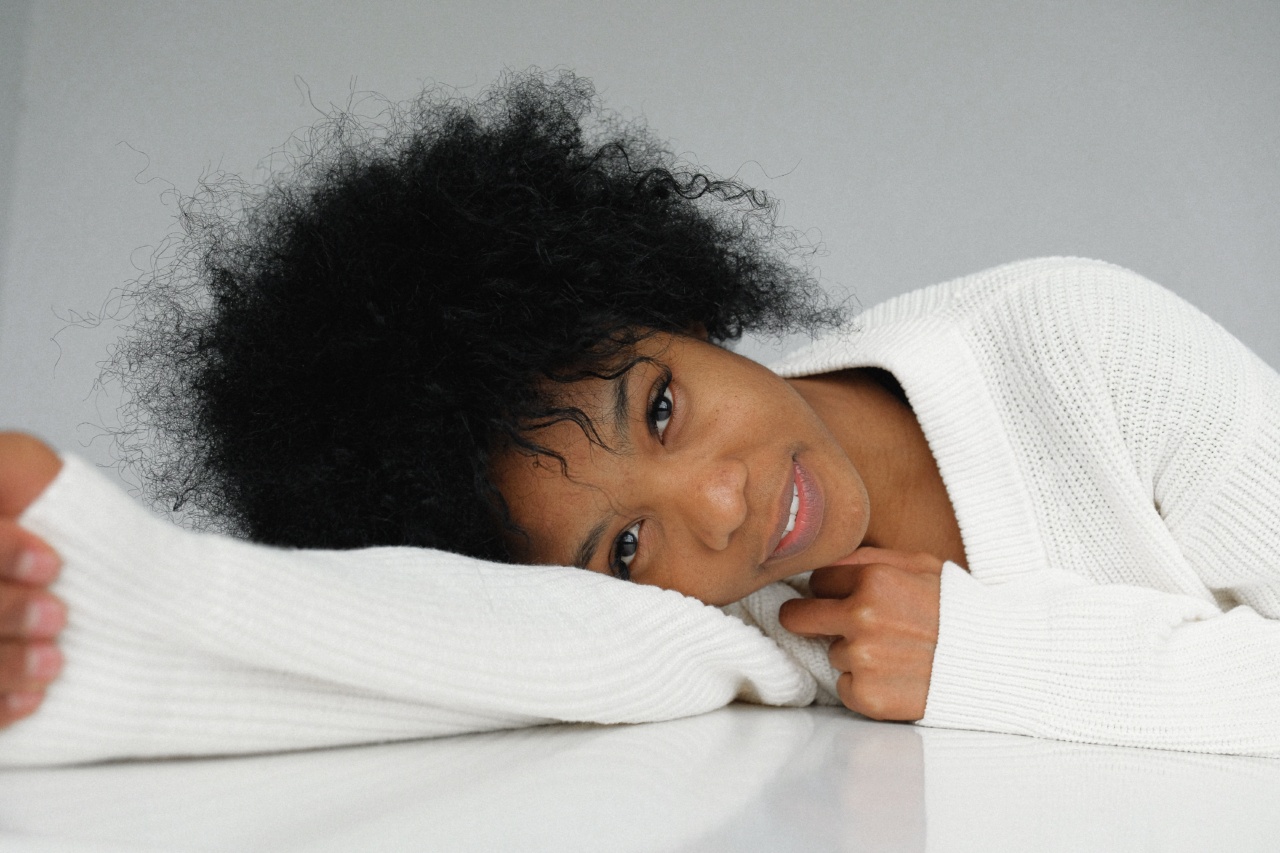Have you ever heard the term “beauty sleep”? It’s not just a saying, it’s real science.
Beauty sleep refers to the idea that getting enough sleep can improve the appearance of your skin, because it is during sleep that our body repairs and rejuvenates itself. Read on to learn about the science behind beauty sleep and how you can improve your complexion with better sleep.
What Happens During Sleep?
During sleep, our body goes through a number of physiological changes that help us repair and rejuvenate. Growth hormone is released, which helps to build and repair tissue, including the skin.
Our body also produces collagen, a protein that gives the skin its elasticity. In addition, our body’s cells regenerate, and our skin’s pH level is balanced. All of these factors contribute to healthy, glowing skin.
The Negative Effects of Lack of Sleep
Not getting enough sleep can have a negative effect on our skin. When we don’t get enough sleep, our body produces more cortisol, a stress hormone that can break down collagen and lead to wrinkles and fine lines.
Lack of sleep can also cause dark circles under our eyes, because our blood vessels dilate and become more visible. In addition, when we’re tired, our skin can look dull and lackluster.
Tips for Improving Your Sleep
If you want to improve your complexion with better sleep, there are a few things you can do:.
Create a Consistent Sleep Schedule
Going to bed and waking up at the same time every day can help regulate your body’s natural sleep-wake cycle and improve the quality of your sleep. Try to stick to your schedule even on weekends, to avoid disrupting your rhythm.
Create a Relaxing Environment
Make sure your bedroom is a comfortable, relaxing space. Keep your room cool and dark, and avoid using electronic devices right before bed. Consider using blackout curtains or an eye mask to block out any light that might keep you awake.
Avoid Stimulants
Avoiding stimulants such as caffeine and nicotine before bedtime can help you fall asleep faster and improve the quality of your sleep. Also, try to avoid alcohol, since it can disrupt your sleep and dehydrate your skin.
Engage in Relaxing Activities
Relaxing activities such as reading a book or taking a warm bath before bed can help you wind down and fall asleep faster. Yoga and meditation can also be helpful in reducing stress and promoting relaxation.
Conclusion
Getting enough sleep is crucial for maintaining the health and appearance of your skin. By following these tips, you can improve the quality of your sleep and wake up to a healthier, more radiant complexion.






























